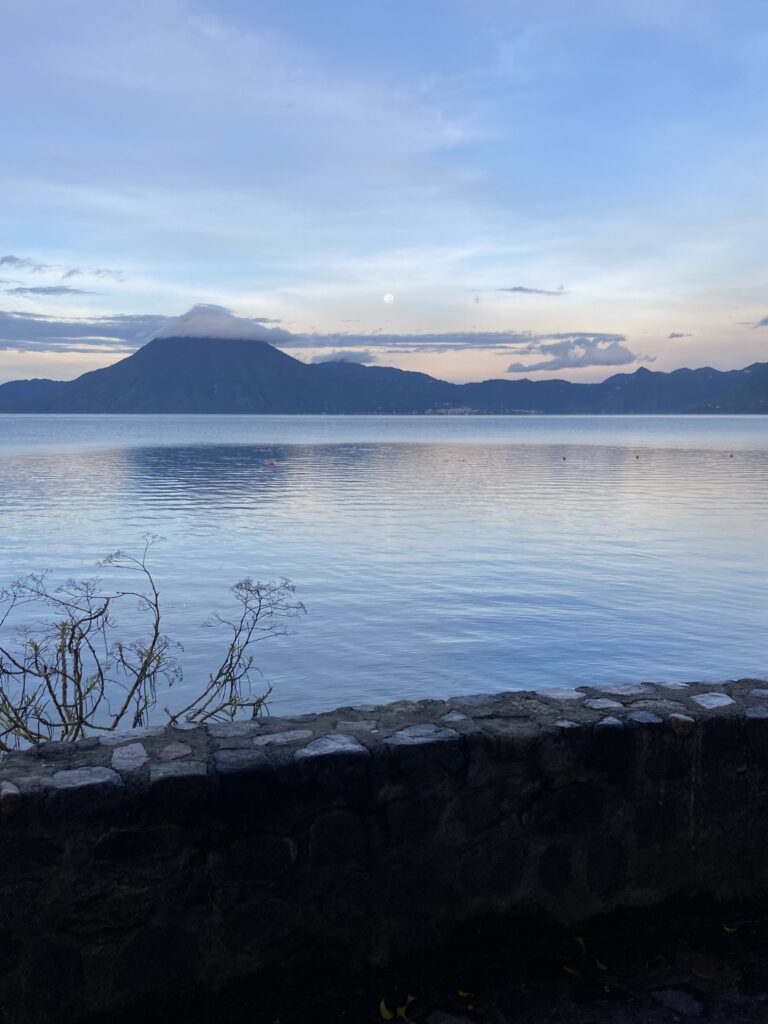This summer, I went on two faculty-led study abroad trips: UA in Guatemala: Development and Human Rights and UA in Spain: Language and Culture. Before studying abroad, I had very limited travel experience. I had never traveled abroad before, and I had never flown alone. I wanted to share a few things that I learned during my travels this summer!
Tip #1: Be prepared for things to not go as planned
I am a planner. I did a lot of research before going on my trips abroad, and I had a plan for everything (I thought). Things will not always go according to these plans. You are in a new country, a new culture, and are experiencing new things. This will not look the same as what you have experienced before, and that is okay! Be flexible and understand that these “mishaps” can be opportunities for growth.
For example, as I haven’t flown frequently, I did not know that I could be asked to check my bag at the gate. I had mentally prepared for the possibility of my checked bag to be lost, but I had everything I absolutely needed in my carry-on bag in case of this. When my rolling carry-on was checked at the gate on my first flight, I had a moment of panic because I did not plan for this. Everything ended up okay – my bags all made it to Madrid, and even if they hadn’t, I would have figured it out!
Tip #2: Do your research about food and dress
In some places, you may not be able to have the same behaviors as in the US. We are very used to being able to drink tap water and wear what we want. In Guatemala, for example, it is unsafe to drink tap water and even some filtered water. It may also be ill advised in some places to eat raw fruits and vegetables or have ice in your drinks. Make sure you know about the kinds of food safety precautions that you might have to take that are different from home. Also, be aware that even if you are very careful, you still may get sick as your body is not used to the food you may be eating.
Similarly, you might not be able to dress the way that you normally dress. Shorts may be relatively uncommon where you go, or you may not want to wear tank tops or crop tops. Be sure to do your research on this and understand that you can still be you while also being respectful of the culture that you are being welcomed into.
Tip #3: Take advantage of the opportunity to talk to locals
During programs in which you are surrounded by other Americans, it is easy to stay in your safe “bubble,” where you have a lot in common with your fellow students. However, the best way to immerse yourself in a culture is to talk to those who are a part of it. Especially if there is a language barrier, this can be intimidating at times. Try to pick up at least a few words and phrases in the target language and observe cultural norms that may be different from your own. Just do your best! You will get so much more out of your time abroad if you get out of your comfort zone.

